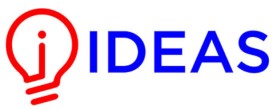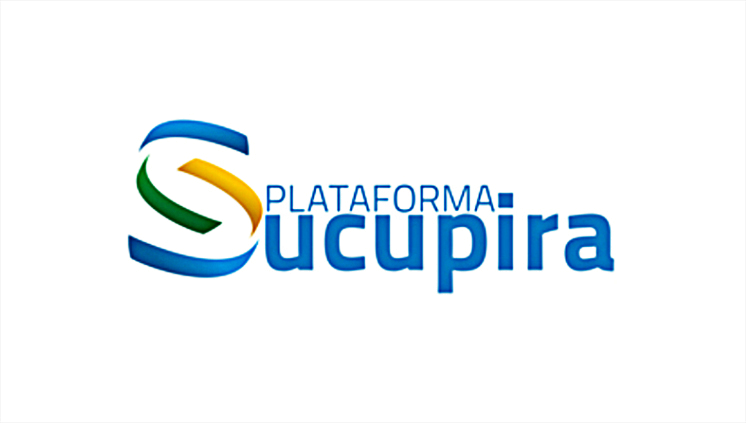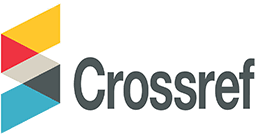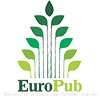Enviar un artículo
Información
Revista Contribuciones a la Economía - ISSN: 1696-8360. Desde Junio de 2024, ésta revista será editada por EDITORIALES IBEROAMERICANOS LTDA., persona jurídica de derecho privado, inscrita en el CNPJ/MF bajo el N° 52.392.026/0001-26, con domicilio en Rua XV de Novembro, N° 2175, Sobreloja 17, Bairro Centro, Municipio de São José dos Pinhais, Estado de Paraná, Brasil.
Sitio editado y mantenido por Servicios Académicos Intercontinentales S.L. B-93417426. Málaga, España.
Contacto: Lisette Villamnizar Moreno. lisette@eumed.net

Esta obra está bajo una Licencia Creative Commons Atribución-NoComercial 4.0 Internacional.













